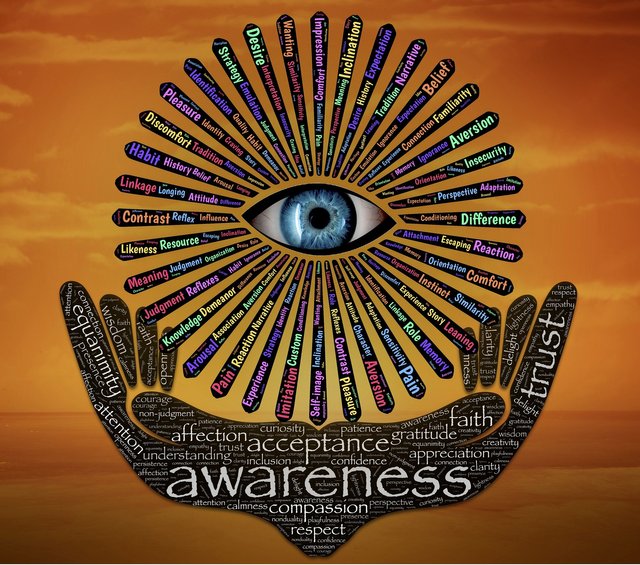6 steps to connect self-awareness to self-improvement
It is well known that leaders need self-awareness, but that is not enough. It Is meaningless if you cannot manage yourself and improve your behavior. It's not easy to change an ingrained habit, but it presents six steps to put it into practice.
It is well known that self-awareness is required to be a competent leader. In other words, you must understand your strengths and weaknesses, your emotions, your thoughts, and your values, and recognize how they affect others.
However, that alone has reached only half. Self-awareness is useless without the equally important skill of self-management.
My client has an easy-to-understand case. It has been repeatedly pointed out that he (let's call him Rick here) speaks too much at the meeting and talks too long. He wants to improve this behavior and participate in meetings as a more productive member to help the team make decisions. Rick said that 30% of the meetings were recently attended by 15 people.
I had him evaluate my situation. "I know I was talking too much, but I had a lot to point out," Rick continued to talk about his thoughts. Although he is self-aware, he has a problem with self-management and is unable to demonstrate his true abilities.
Self-management is consciously making choices that go against your tastes and habits and behaving more productively. There are four steps to this.
Focus on
what's in front of you Pay attention to what's happening right now, not what someone said 15 minutes ago and what the next meeting will be.Recognize
Be aware of what you are seeing, hearing, feeling, doing, talking, and thinking.Know the types of behavioral options
What do you want to do next? What are the potential consequences of each action? Have you received any feedback that may affect your choices? If it's not what you want to do, or something you don't normally do, can you think of alternatives?Be aware of the behavior that seems to be the most productive. Choose the
behavior that is likely to produce the best results, if not the easiest behavior for you.
For Rick, the self-management steps are as follows:
Focus on what is in front of you
" Focus on this conversation. Listen carefully to everyone and pay attention to what is happening."Recognize yourself
"I really want to share my thoughts with everyone, I want to give an example. I know there are a lot of people trying to speak. I tend to talk too much at meetings. , That's why other people can't talk. "Know the types of behavioral options
"explain your thoughts, ask useful questions, ask others to share your thoughts, or listen silently"Choose the behavior that seems to be the most productive
"Please refrain from your comments and listen to the words of others. Even if you want to share your thoughts, I'm too talkative. I've been repeatedly told that I haven't given others the opportunity to participate in the discussion. Now, if you listen silently, you can give others the opportunity. "Self-management is difficult because you have to manage yourself. The most productive behaviors often do not match our habits and preferences (if they do, we will not need to manage ourselves).

If you behave in a way that doesn't suit your taste, you'll feel uncomfortable ("Questions and Answers always raise your hand first. If someone else fails"), you feel immature ("How to give negative feedback"). I don't know "), or even feel uncomfortable ("I want to speak frankly. I get frustrated when I choose my words carefully").
Behaviors that are incompatible with habits are also prone to similar negative reactions. Our brain circuits form shortcuts in response to habits, reacting without thinking of being stimulated and trying to save time and effort. However, non-habitual behavior requires a judgment of the situation, consideration of some options, choices, and then behaviors that match those choices.
This process requires effort. It is difficult to change habits because of the efficiency of autopilot. It is easier and more comfortable to accept old habits as a rule than to spend energy to create new ones.
However, despite these barriers, self-management is a skill that can be learned and mastered. Let's start with the next step.